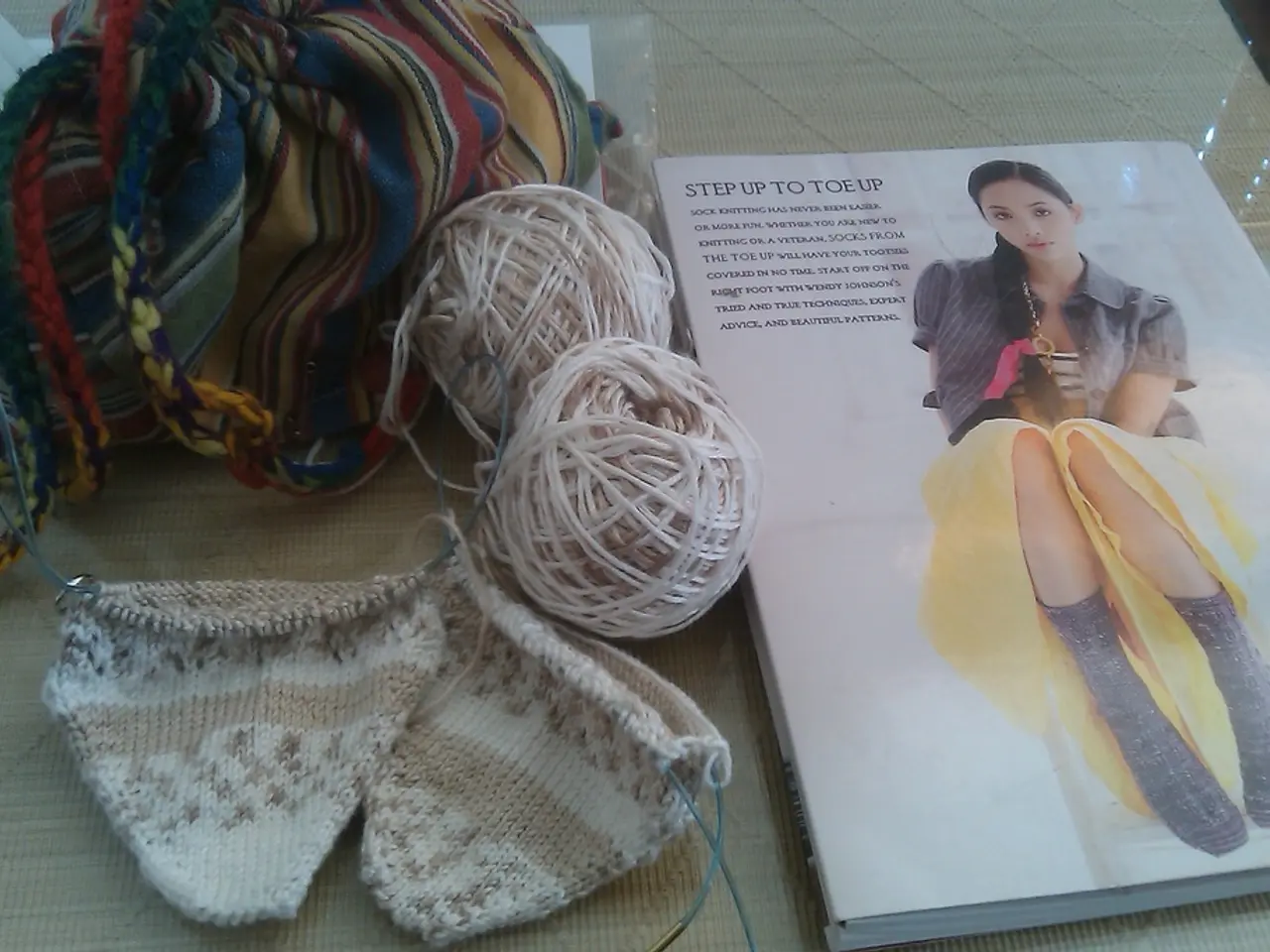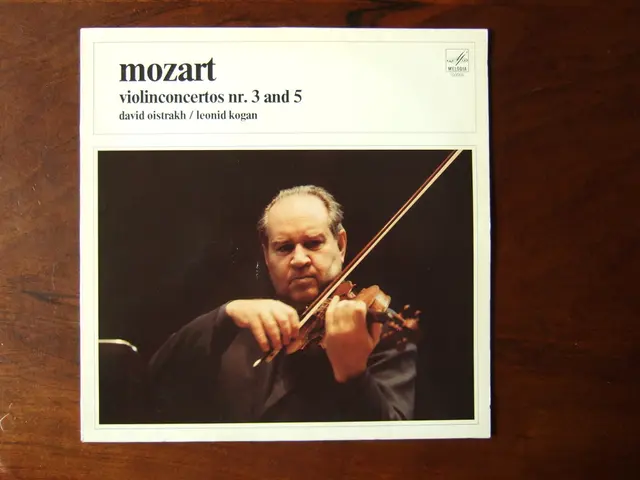Everyday perils for Tudor commoners: Unusual causes of demise uncovered
In the bustling villages and towns of Tudor England, life was filled with a unique blend of leisure and peril. A time before antiseptics and antibiotics, the ordinary could suddenly turn deadly.
Falls or trips could instantly become fatal due to the ubiquity of knives, with many injuries occurring in the thigh or belly. These weapons, once considered a personal toolkit, similar to how someone might carry a wallet or keys today, were a constant threat.
Football, a popular leisure activity, was another source of risk. Matches could involve dozens of men, sometimes entire parishes, competing to force the ball towards a goal. Despite the danger, these games continued due to their cultural significance and popularity. They reflected the social customs and communal activities of the time, outweighing the risks involved.
Yet, football wasn't the only dangerous pastime. Wrestling was a common form of entertainment, even neighbours might grapple in jest or anger. Disputes in Tudor society could quickly turn deadly due to the presence of knives, sticks, or farming tools. Quarrelsome by nature, Tudor society was hierarchical, with disputes over land boundaries, debts, insults, or drunken slights often leading to scuffles.
Travel was another treacherous endeavour. Unpaved roads, bridges, unstable carts and carriages, and simple wooden planks or ferries that could capsize made journeys between villages perilous, especially in winter when ice or floodwaters made roads impassable.
The law was clear that football deaths weren't deliberate murders, but the man responsible still had to seek a royal pardon. If a death occurred during a football game, it was considered a homicide by misfortune. The coroners' records highlight an era of history in which the ordinary could soon become deadly, providing a "kaleidoscopic picture" of life in 16th-century England.
In an age where even a shallow wound could lead to a deadly infection, the risks were ever-present. Yet, the people of Tudor England persevered, finding joy and community in their leisure activities, despite the inherent dangers. It serves as a stark reminder of the fragility of life and the resilience of the human spirit.








